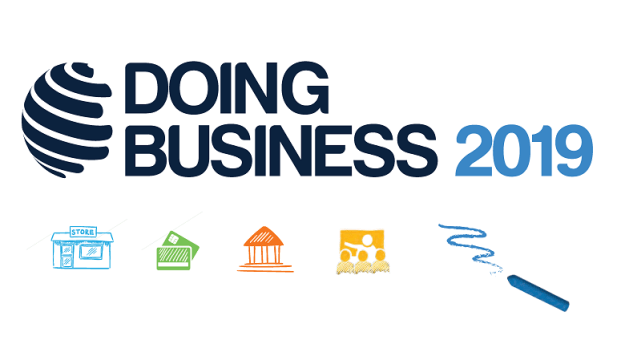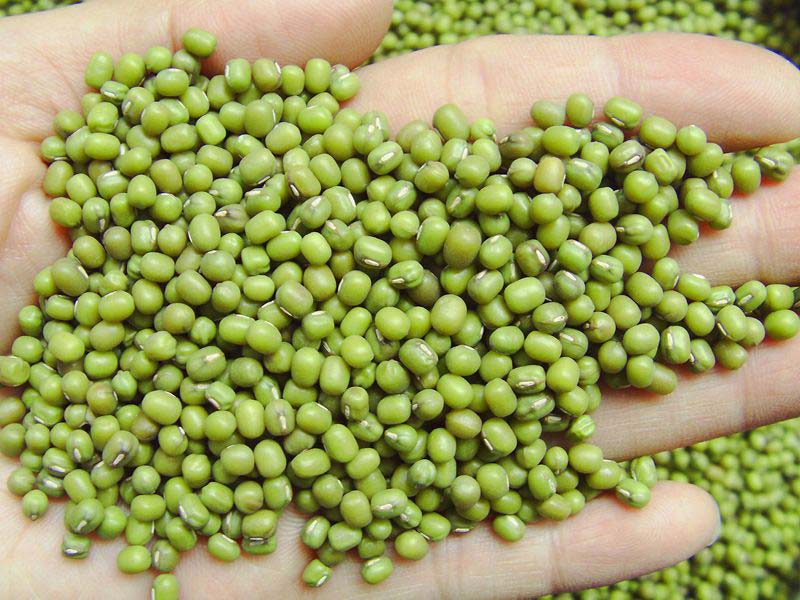 Myanmar improved its ranking on the World Bank’s Doing Business 2020 report by six positions, coming in 165th place out of 190 countries on the index compared to 171st in the previous. The ease of doing business index in the report is released every year and based on 10 indicators. The country made strides forward in several areas and is among the top 20 reformers for the year.
Myanmar improved its ranking on the World Bank’s Doing Business 2020 report by six positions, coming in 165th place out of 190 countries on the index compared to 171st in the previous. The ease of doing business index in the report is released every year and based on 10 indicators. The country made strides forward in several areas and is among the top 20 reformers for the year.
In starting a business, Myanmar leap to 70th place from 152nd the year before. Just five years ago, it was the least favorable place in the world. Among the reforms taken to improve the ease of starting a business in the country included making the necessary information easily available. Entrepreneurs said the level of corruption and red tape has also fallen. Meanwhile, it now only takes two days to register a new company on the country’s new online MyCo system, for a fee of just K250, 000, which is lower than before. It is now also much easier to register a new property.
The country also made progress in dealing with construction permits. In that area, Myanmar is now ranked 46 compared to 81 before. Despite moving up in the ranks, Myanmar is still the least favorable country to do business among the ASEAN countries. There was no progress made in trading across borders and resolving insolvencies, while the country actually slipped in the ranks in areas such as supplying electricity and paying taxes. Getting credit, another area the World Bank considers for its index, needs to improve as well.
Source: Myanmar Times



 Myanmar plans to set up a second board by the third quarter of 2020, that foreigners can trade on to bolster its moribund stock market. Listing rules for the alternative venue will be less strict than on the Yangon Stock Exchange’s main market, the Securities and Exchange Commission of Myanmar said. The three-year-old main index has only five stocks and little trading.
Myanmar plans to set up a second board by the third quarter of 2020, that foreigners can trade on to bolster its moribund stock market. Listing rules for the alternative venue will be less strict than on the Yangon Stock Exchange’s main market, the Securities and Exchange Commission of Myanmar said. The three-year-old main index has only five stocks and little trading. The Myanmar economy is projected to grow by 6.6 percent in 2020, according to the World Bank, a tad higher than its 6.5pc projection for this year. Economic growth is expected to further increase to 6.7pc in 2021 and 6.8pc in 2022.
The Myanmar economy is projected to grow by 6.6 percent in 2020, according to the World Bank, a tad higher than its 6.5pc projection for this year. Economic growth is expected to further increase to 6.7pc in 2021 and 6.8pc in 2022. Myanmar has been ranked as one of the top 20 improvers in Doing Business 2020 by the World Bank, based on the number of reforms and the degree by which the country’s ease of doing business score has improved, state media reported.
Myanmar has been ranked as one of the top 20 improvers in Doing Business 2020 by the World Bank, based on the number of reforms and the degree by which the country’s ease of doing business score has improved, state media reported. The inauguration of Myanmar Unicode migration took place on October 1, 2019. In her opening remarks, State Counsellor Daw Aung San Suu Kyi who is also Patron of the e-Government Steering Committee said that the inauguration of Myanmar Unicode was an essential step to support the e-government programme. Myanmar has seen a 12-point increase in e-Government Development Index from level 169 in 2016 to 157 in 2018.
The inauguration of Myanmar Unicode migration took place on October 1, 2019. In her opening remarks, State Counsellor Daw Aung San Suu Kyi who is also Patron of the e-Government Steering Committee said that the inauguration of Myanmar Unicode was an essential step to support the e-government programme. Myanmar has seen a 12-point increase in e-Government Development Index from level 169 in 2016 to 157 in 2018. The price of mung beans has shot up by K40,000 per ton within a week, said U Min Ko Oo, the secretary of the Myanmar Pulses, Beans and Sesame Seeds Merchants Association. The price of pigeon peas has also risen by K20,000 per ton. At present, mung beans are fetching K760,000 per ton, from K715,000, and pigeon peas (old stock) are priced at K830,000 per ton, from K810,000.
The price of mung beans has shot up by K40,000 per ton within a week, said U Min Ko Oo, the secretary of the Myanmar Pulses, Beans and Sesame Seeds Merchants Association. The price of pigeon peas has also risen by K20,000 per ton. At present, mung beans are fetching K760,000 per ton, from K715,000, and pigeon peas (old stock) are priced at K830,000 per ton, from K810,000. The Myanmar-Hong Kong Chamber of Commerce and Industry (MHKCCI) was launched on September 3 to promote responsible investment in Myanmar and attract market entrants into the country. The event attracted more than 300 guests.
The Myanmar-Hong Kong Chamber of Commerce and Industry (MHKCCI) was launched on September 3 to promote responsible investment in Myanmar and attract market entrants into the country. The event attracted more than 300 guests. Uncertainty and seasonal factors have been leading more people to jump into gold as a safe haven, pushing up prices of the precious metal, gold traders in Yangon say. Local prices for gold reached K1.278 million per tical (roughly 16.33 grammes) on September 4. In April 2019, the price of gold was K 1.05 million a tical and has been gradually rising since.
Uncertainty and seasonal factors have been leading more people to jump into gold as a safe haven, pushing up prices of the precious metal, gold traders in Yangon say. Local prices for gold reached K1.278 million per tical (roughly 16.33 grammes) on September 4. In April 2019, the price of gold was K 1.05 million a tical and has been gradually rising since. Myanmar and South Korea signed five Memorandums of Understanding (MOUs) on financial, trade and investment cooperation as well as infrastructure projects at the Myanmar-Korea Business Forum on Thursday, the 5th of September, 2019. South Korean President Moon Jae-in attended the forum to promote his “New Southern Policy” to deepen relations, including economic ties, with Southeast Asian nations.
Myanmar and South Korea signed five Memorandums of Understanding (MOUs) on financial, trade and investment cooperation as well as infrastructure projects at the Myanmar-Korea Business Forum on Thursday, the 5th of September, 2019. South Korean President Moon Jae-in attended the forum to promote his “New Southern Policy” to deepen relations, including economic ties, with Southeast Asian nations.